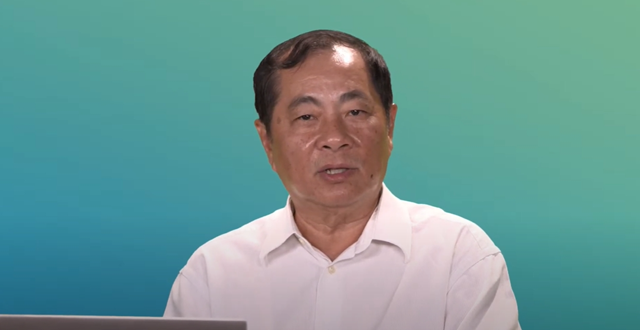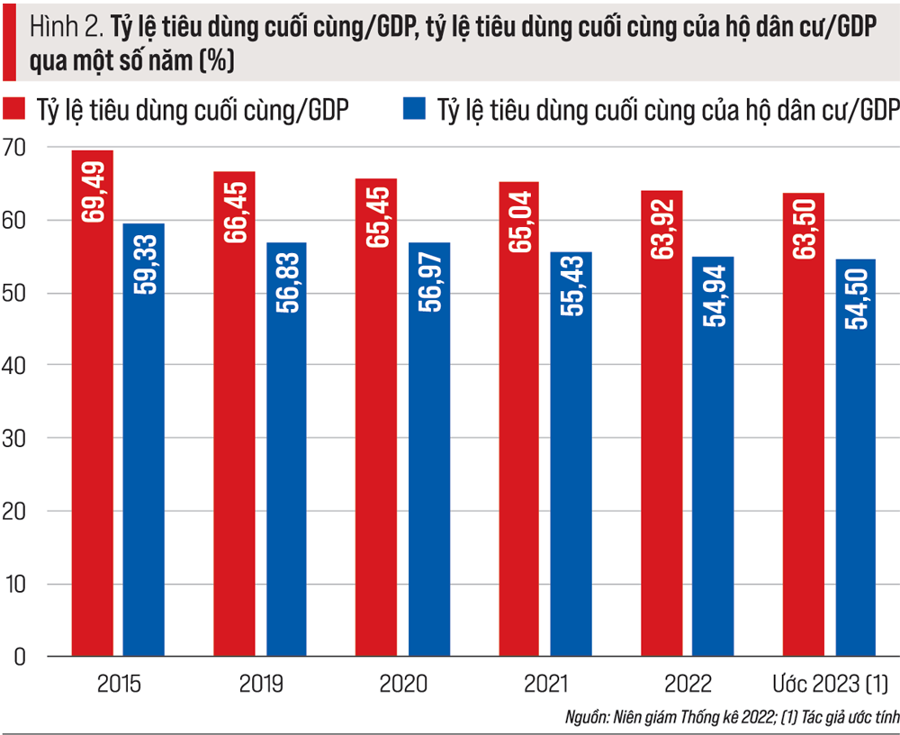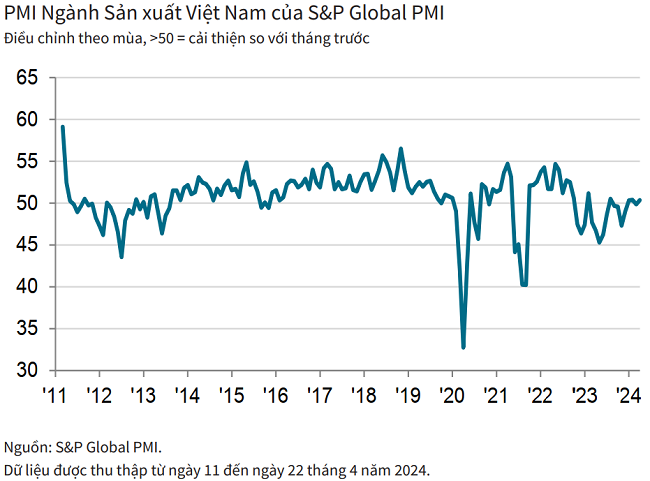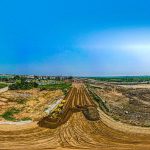The government has just issued Decree 12/2024/ND-CP amending and supplementing some articles of Decree 44/2014/ND-CP on land prices and Decree 10/2023/ND-CP amending and supplementing some articles of the regulations guiding the implementation of the Land Law.
Accordingly, Decree 12 amends Article 4, Article 5 of Decree 44 regarding the land valuation methods and the conditions for applying each method.
In particular, the comparison method is implemented by adjusting the price of land plots with the same land use purpose, similar influences on land prices that have been transferred on the market, won the land use right auction and had fulfilled the financial obligations according to the auction-winning decision through analyzing, comparing the factors influencing the land price after excluding the value of assets attached to the land (if any) to determine the price of the land plot to be appraised.
The comparison method is applied to appraise cases with at least 3 land plots with the same land use purpose, similar influences on land prices that have been transferred on the market, won the land use right auction and had fulfilled the financial obligations according to the auction-winning decision.
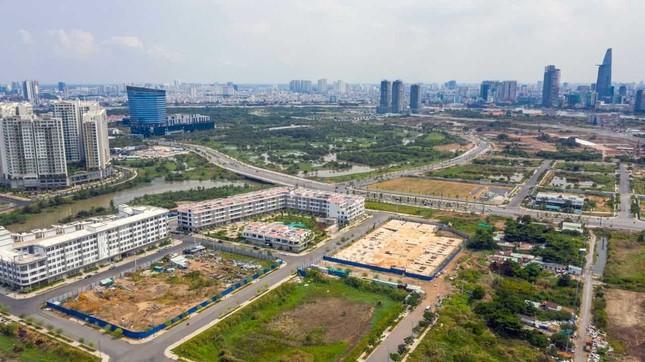
The government has just issued Decree 12/2024/ND-CP mentioning four land valuation methods
The income method is implemented by taking the average annual net income on a land area divided by the average interest rate of Vietnamese Dong deposit for a 12-month term at commercial banks where the State holds over 50% of charter capital or total voting shares at the provincial level within the last 03 consecutive years until the end of the latest quarter before the valuation date.
The income method is applied to appraise cases of land plots, agricultural land, non-agricultural land that is not land for residential purposes but the land plot, land area to be appraised does not meet the conditions for applying the comparison method but can determine income, expenses from land use according to the legal land use purpose at the valuation date.
The surplus method is implemented by taking the estimated total development revenue minus the estimated total development costs of land plots, land areas on the basis of land use with the highest efficiency (land use coefficient, building density, maximum number of floors of works) according to the land use plan, approved detailed construction plan by the competent authority.
The surplus method is applied to appraise cases of land plots, land areas to implement investment projects that don’t meet the conditions for applying the comparison method, income method but can estimate the total development revenue and total development costs of the project.
The land price adjustment coefficient method is implemented by taking the land price in the land price table multiplied by the land price adjustment coefficient. The land price adjustment coefficient is promulgated by the provincial People’s Committee through comparing the land price in the land price table with the popular land price on the market.
The land price adjustment coefficient method is applied to determine the land price for land plots, land areas prescribed in the land price table promulgated by the provincial People’s Committee and belong to one of the following cases: Calculating annual land rent when the State leases land without auctioning the land use right; Determining the starting price for auctioning the land use right when the State allocates, leases land for land plots, areas that have been invested in technical infrastructure according to the detailed construction plan; Determining the land price of land plots, land areas to be appraised that the total value calculated at the land price in the land price table for the area must pay land use fees, land rent under 30 billion VND for central cities, under 10 billion VND for mountainous provinces, highlands,…
Regarding specific land price decisions, Decree 12/2024/ND-CP specifies the basis for land price determination prescribed in Clause 1, Article 112 of the Land Law, the conditions for applying the land valuation method, the result of appraising the land price plan by the Council of land price appraisal, the provincial People’s Committee decides the specific land price or the district People’s Committee decides the specific land price for the cases that the provincial People’s Committee authorizes according to the regulation of the Law on Organization of Local Government.





















